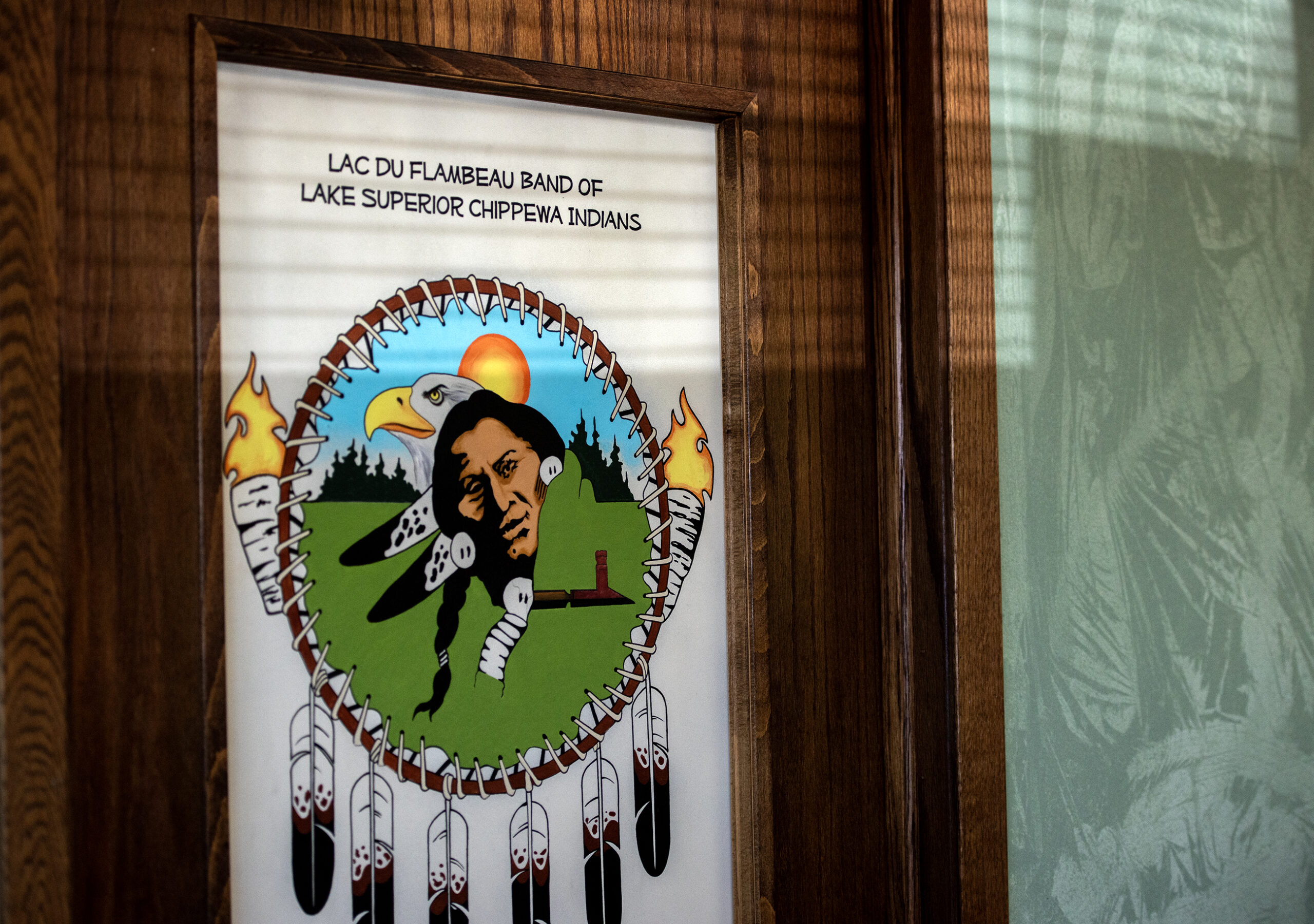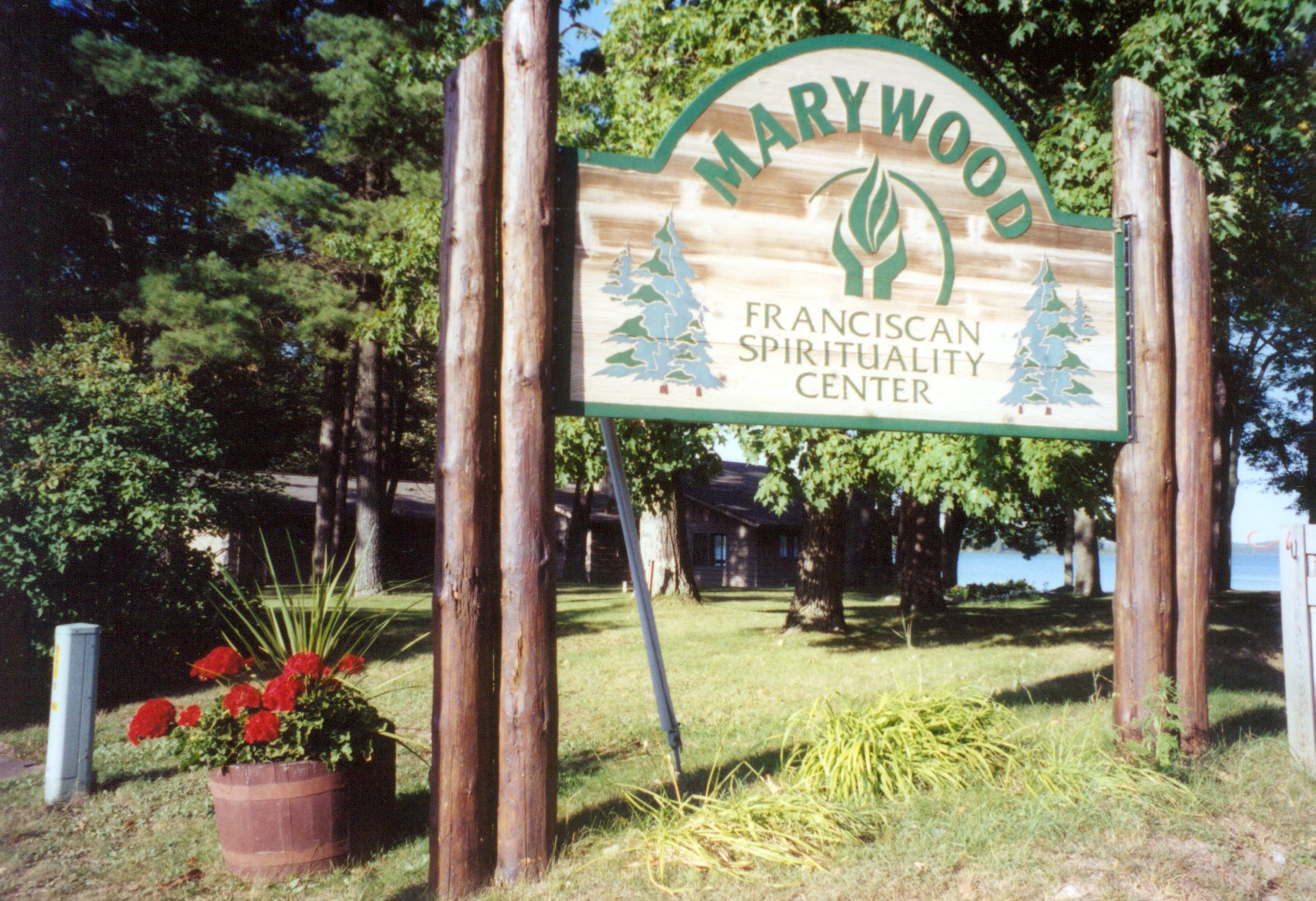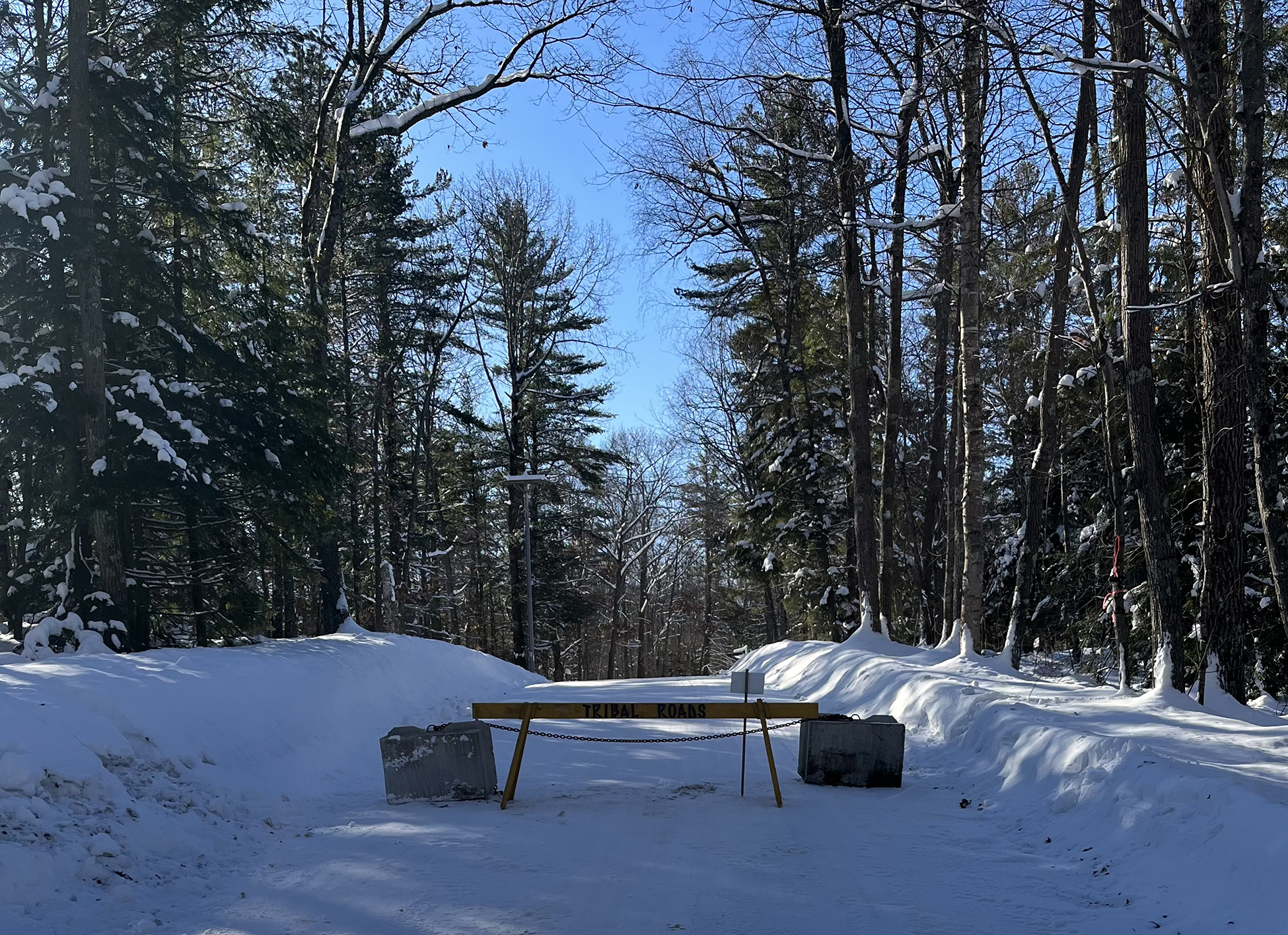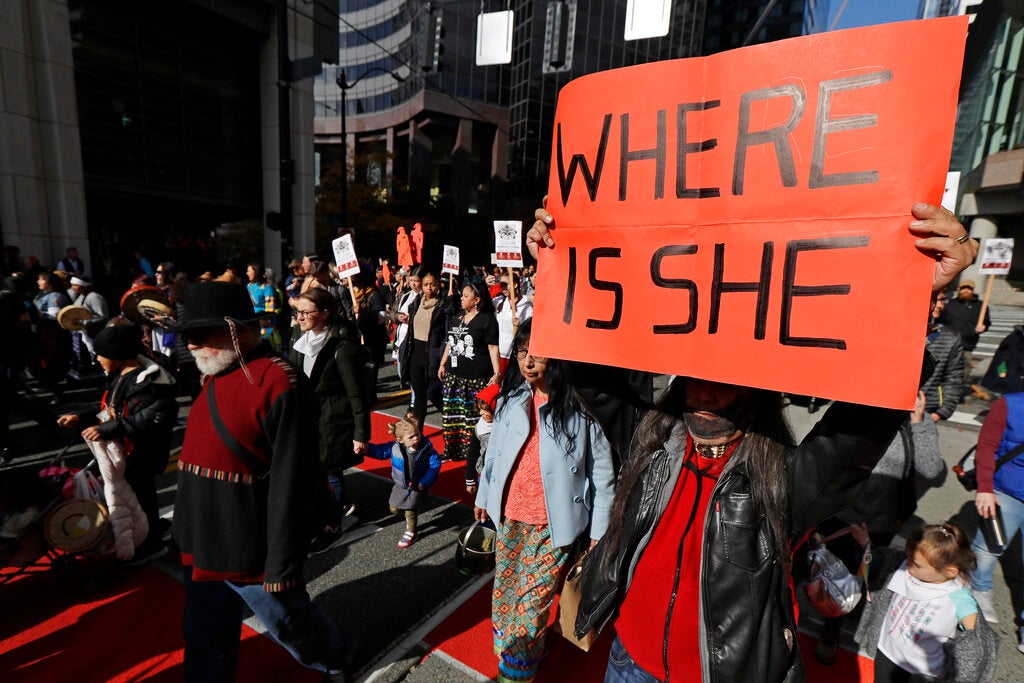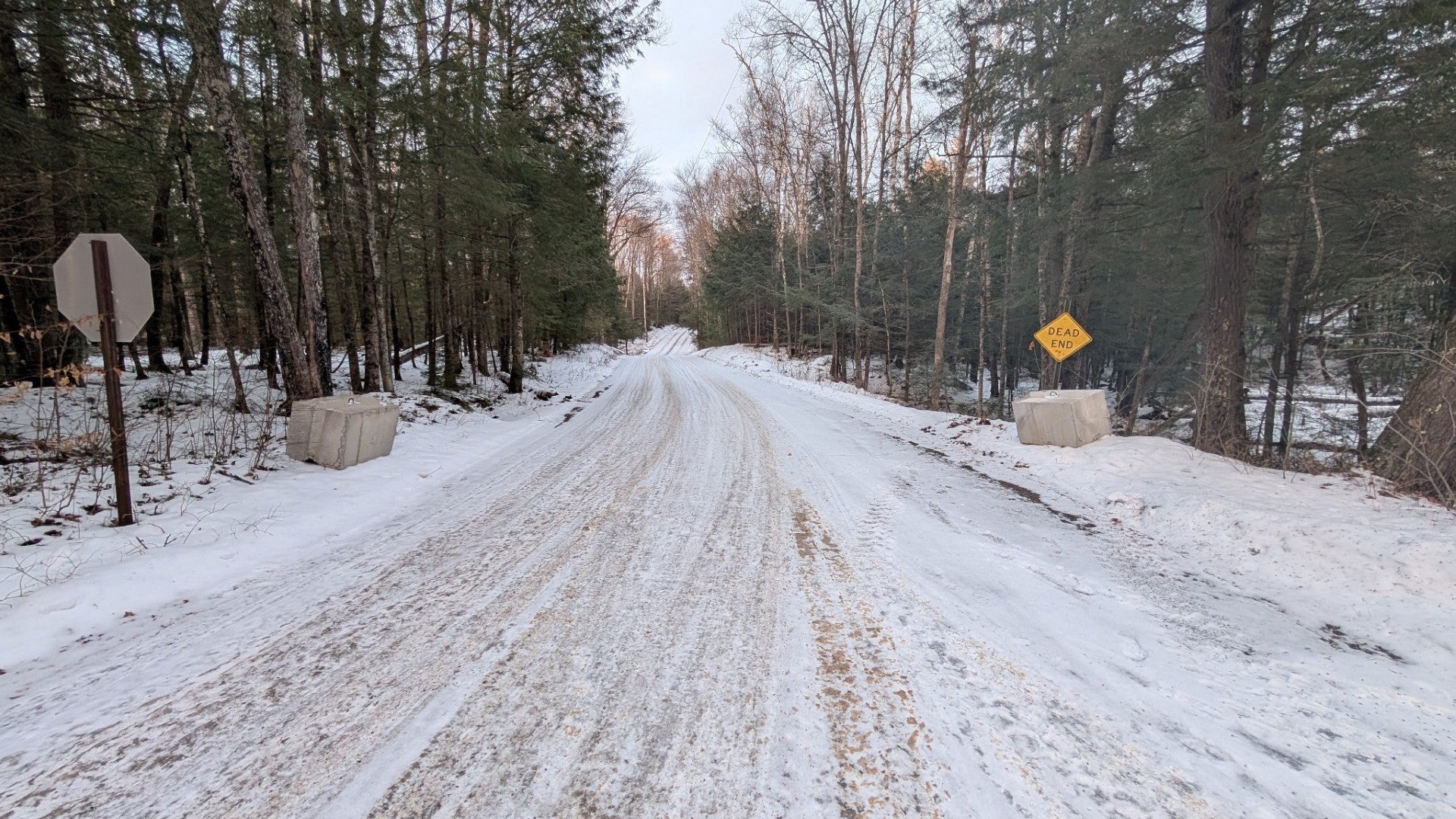Lac du Flambeau tribal leaders and non-tribal payday lenders have agreed to pay a $37.4 million settlement to borrowers as part of a federal class-action lawsuit over an alleged predatory lending scheme.
The deal will include canceling about $1.4 billion in debt from outstanding loans.
Plaintiffs Lori Fitzgerald, Aaron Fitzgerald and Kevin Williams brought the class-action lawsuit against tribal leaders four years ago in the U.S. District Court for the Western District of Virginia. They argued that LDF Holdings, the parent company for tribal lending companies, issued and collected loans with illegally-high annual interest rates in violation of state and federal laws. Court documents state the loans often had interest rates in excess of 700 percent.
LDF Holdings is a subsidiary of the Lac du Flambeau, or LDF, Business Development Corporation. In an Aug. 6 statement, the tribe’s business arm said it’s agreed to pay $2 million as part of the deal.
“Tribal officials deny that the LDF lending companies participated in any wrongdoing, asserting that the loans were legal under tribal law, that the LDF lending companies legally operated in accordance with tribal law and that borrowers voluntarily agreed to the terms of the loans,” the statement reads.
Tribal officials said the loans benefited many consumers who couldn’t obtain other financing, adding that they’re immune from any legal action. Officials didn’t immediately return requests for comment Friday.
News with a little more humanity
WPR’s “Wisconsin Today” newsletter keeps you connected to the state you love without feeling overwhelmed. No paywall. No agenda. No corporate filter.
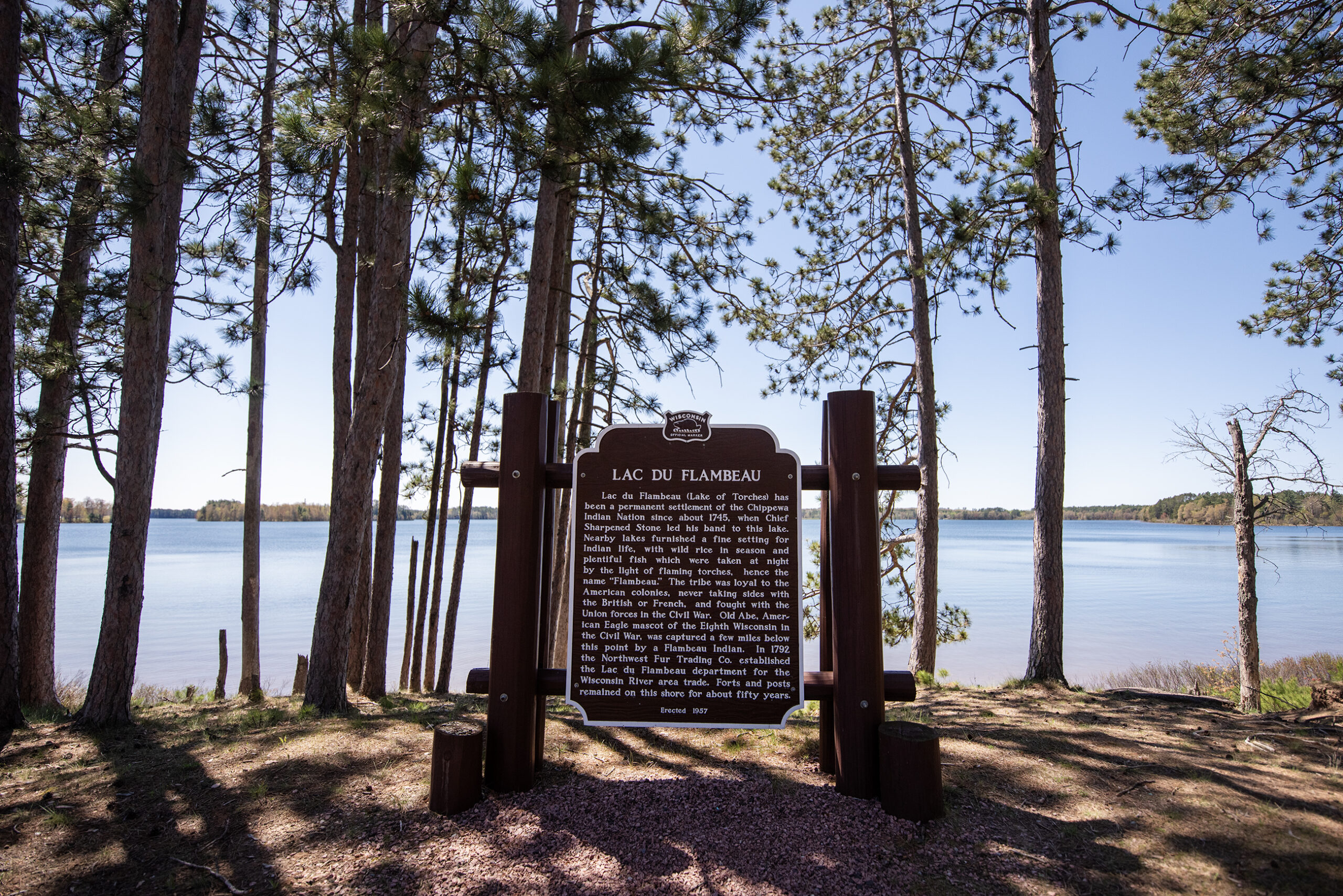
Attorneys for borrowers argue lending practices exploit the poor
Attorneys representing the Fitzgeralds, Williams and others argued that LDF Holdings and its subsidiaries were formed to evade state and federal consumer protections and shield non-tribal partners from liability.
“Under this model, non-tribal payday lenders and their business partners use Native American tribes to originate illegal loans in order to facilitate a dubious and legally incorrect claim that the loans are subject to tribal law and, thus, tribal sovereign immunity,” court filings state.
Court documents state the tribe began partnering with non-tribal online payday lenders in 2012 following a government crackdown on illegal lending businesses. LDF Holdings issued and collected loans nationwide under various businesses. They include multiple limited liability corporations doing business as Sky Trail Cash, Nine Torches, Loan at Last, Bright Star Cash and Lendgreen, among others.
Philadelphia attorney Irv Ackelsberg has represented predatory loan victims. He said payday lenders are trying to hide behind Native American tribes to avoid being held accountable for predatory lending practices.
“It’s all done in terms of it’s just for economic development on the reservation,” Ackelsberg said. “And probably there’s some of that. Some money does make its way to the tribe.”
Even so, Ackelsberg argued it’s often a small percentage of revenues generated. Attorneys argue a large portion of the profits went to nontribal partners rather than the tribe. They contend Joseph Wildcat, Sr., the tribe’s former president, was “instrumental in furthering the illegal lending business.”
Plaintiffs Lori and Aaron Fitzgerald, who live in Virginia, received loans from tribal lending companies with interest rates as high as 750 percent, according to court documents. The loans violated Virginia’s licensing and payday lending laws that bar charging annual interest rates beyond 12 percent without first obtaining a license. Plaintiff Kevin Williams, who lives in Georgia, also obtained loans with interest rates higher than 300 percent in violation of that state’s requirements.
Lac du Flambeau Tribal President John Johnson, Sr. told ProPublica that state laws on lending don’t apply to the tribe, saying that would be “akin to expecting Canada to submit to or speak on the laws of France.”
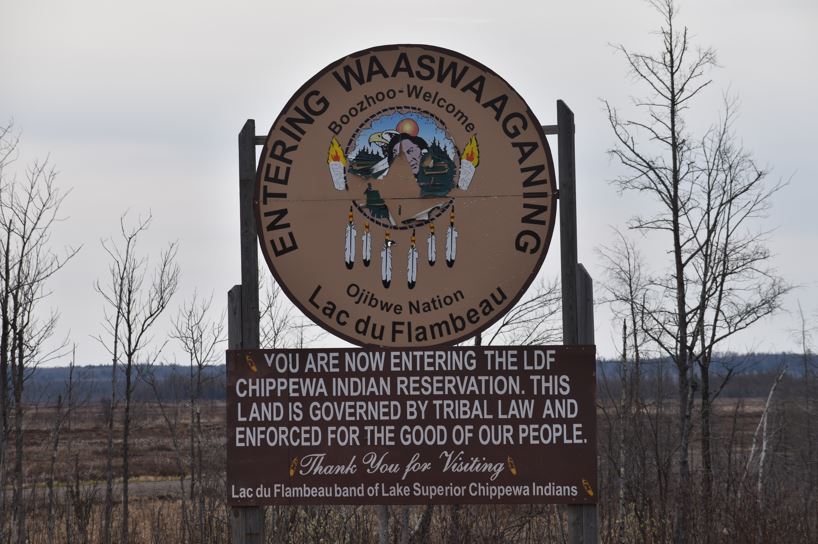
Deal may apply to around 980,000 people
The settlement applies to consumers nationwide who signed loan agreements with any of the tribal lending companies between July 24, 2016 and Oct. 1, 2023. Tribal officials estimate the settlement applies to around 980,000 people.
Loans for members of the class-action settlement will be canceled within 30 days after a court orders final approval of the settlement.
District Court Judge Norman K. Moon is set to hold a hearing on final approval of the settlement on Dec. 13.
The case is not the first to question the tribe’s sovereign immunity related to payday lending. At least 40 civil suits have been filed by consumers since 2019, according to ProPublica.
Last year, the U.S. Supreme Court issued an 8-1 decision in a separate case involving the tribe and Brian Coughlin, who obtained a $1,100 loan from the lender Lendgreen. Coughlin later filed for Chapter 13 bankruptcy before he fully repaid the loan, which should have triggered a stay on repaying the loan. But he argued the lender was so aggressive in collection efforts that he attempted to take his own life.
Coughlin sought a motion in bankruptcy court to enforce a hold on any collections from the lender or band, but the tribe argued its sovereign immunity made it exempt from any stay on collections. Justices rejected that the tribe maintained sovereign immunity in bankruptcy proceedings.
Wisconsin Public Radio, © Copyright 2026, Board of Regents of the University of Wisconsin System and Wisconsin Educational Communications Board.

